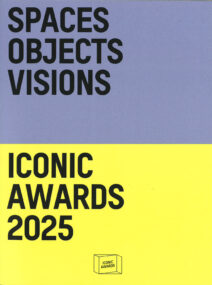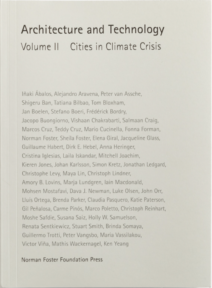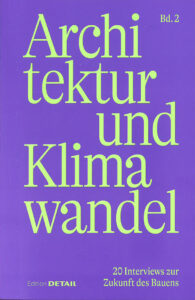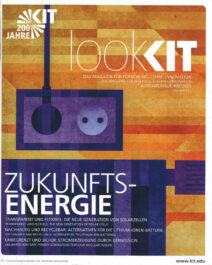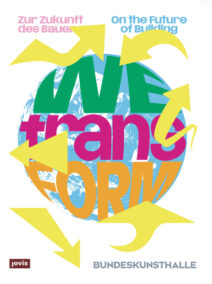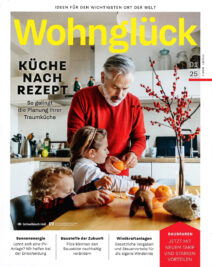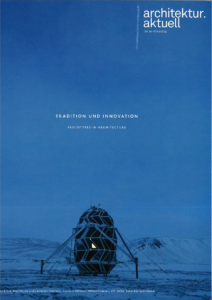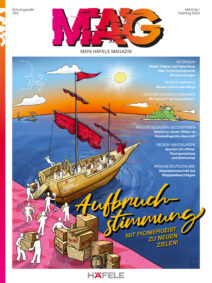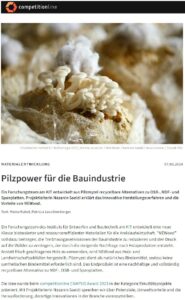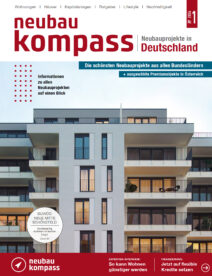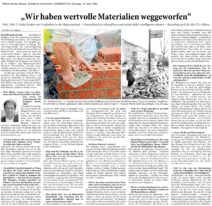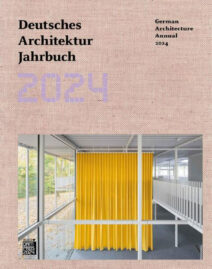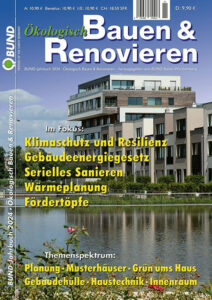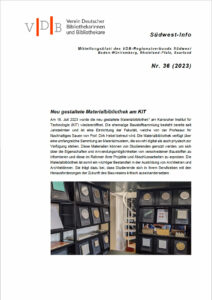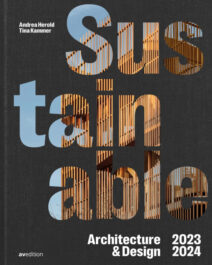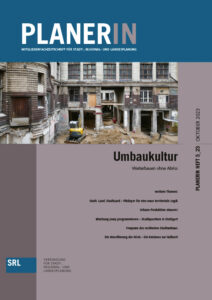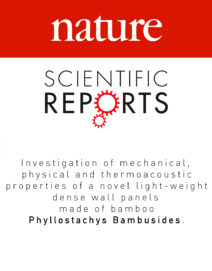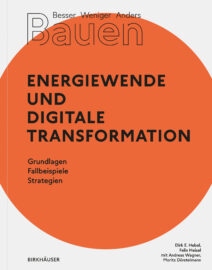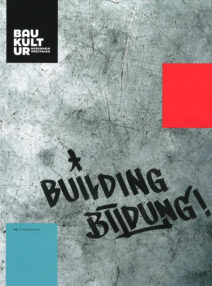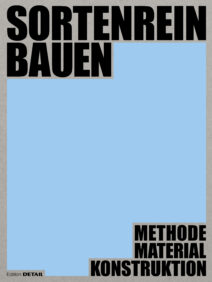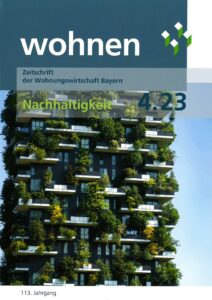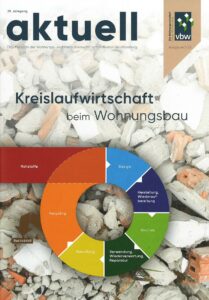Five young women and a young man are taking charge of the implementation of the Cambodian Schoolhouse Project
A team led by five inspirational young women and one young man have taken command to realize a large educational facility in Mea Nork, Cambodia, designed for 1000 students. The architectural project involves the construction of a new school, consisting of 24 classrooms, 15 group study rooms, 3 workshop rooms, an administrative wing, a library, cafeteria, community laundry, community medical clinic, toilets, staff dormitories, an outdoor assembly space, playgrounds and a lake.
The gestation of the project began when the students, Lisa Devenoge, Lorine Grossenbacher, Franziska Matt, Elizabeth Müller, and Alina Wyder met whilst undertaking the ‘Schoolhouse Cambodia’ design studio offered by the Assistant Professorship of Architecture and Construction Dirk E. Hebel under the request of the NGO Smiling Gecko at ETH Zurich. The studio consisted of 34 students who visited Cambodia and worked over the semester in pairs to produce schemes for the then hypothetical architectural project.
The collective efforts of the design studio were so much of a success that the NGO founder, artist, and philanthropist Hannes Schmid was compelled to commit to realizing the project. At the culmination of the semester, the five women agreed to continue the work of the studio as part of an internship programme. They work full time to document the entire construction package and are assisted by a male colleague, Oliver Faber, who helps out one day a week. The process has involved consolidating the strengths of the individual projects proposed during the semester into a singular, unified scheme, able to be realized under the practical constraints of time, budget and resources. To do this they have had to work in a highly collaborative environment and coordinate with consultants in Cambodia.
The team agrees that the greatest sense of achievement has come through the process of establishing themselves up as an independently functioning entity. From practicalities such as setting up their working environment to the systematic particularities such as the delegation of tasks amongst themselves according to perceived individual and collaborative strengths. Their self-motivation and initiative has been rewarded by an autonomous work ethic encouraged by Dirk E. Hebel, who leads the team and the project with his in-depth experience in developing territories. The skills and capabilities the young students have obtained during their internship will be directly applicable to their future lives, no matter what path they choose to take.
The project is due to commence construction in November 2016.



